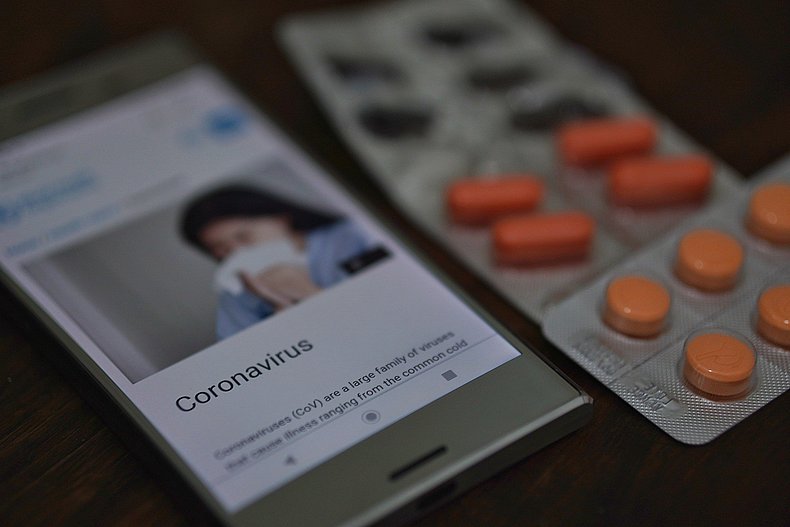To protect yourself and others, especially members of the so-called risk group (especially older people and people with previous illnesses), from the coronavirus, you should follow these basic guidelines:
- Wash your hands regularly and thoroughly, i.e. at least 20 seconds under running water with soap
- Cough and sneeze not in the hand, but in the crook of your arm or a disposable tissue
- Refrain from shaking hands, hugs and other avoidable physical contact
- Don't touch your face
- If possible, refrain from travelling and from using public transport
- Reduce your physical social contacts to the bare essentials, use Messenger services and Co instead to stay in touch
- If you are nevertheless in a crowded area with other people (e.g. in the supermarket, on the train, in the park), keep a distance of at least 1.5 metres to them and preferably wear a face mask, ventilate in closed rooms
In Germany contact restrictions apply nationwide, which currently mean that a maximum of 5 persons (not counting children under 14 years) from two households can meet. An exception is the federal state of Schleswig Holstein, where a maximum of 10 persons from two households may meet. Find out about the exact regulations of the respective federal states on their websites. In addition, it is mandatory to wear a face mask for shopping and when using public transport. (Status: 02.12.2020)




